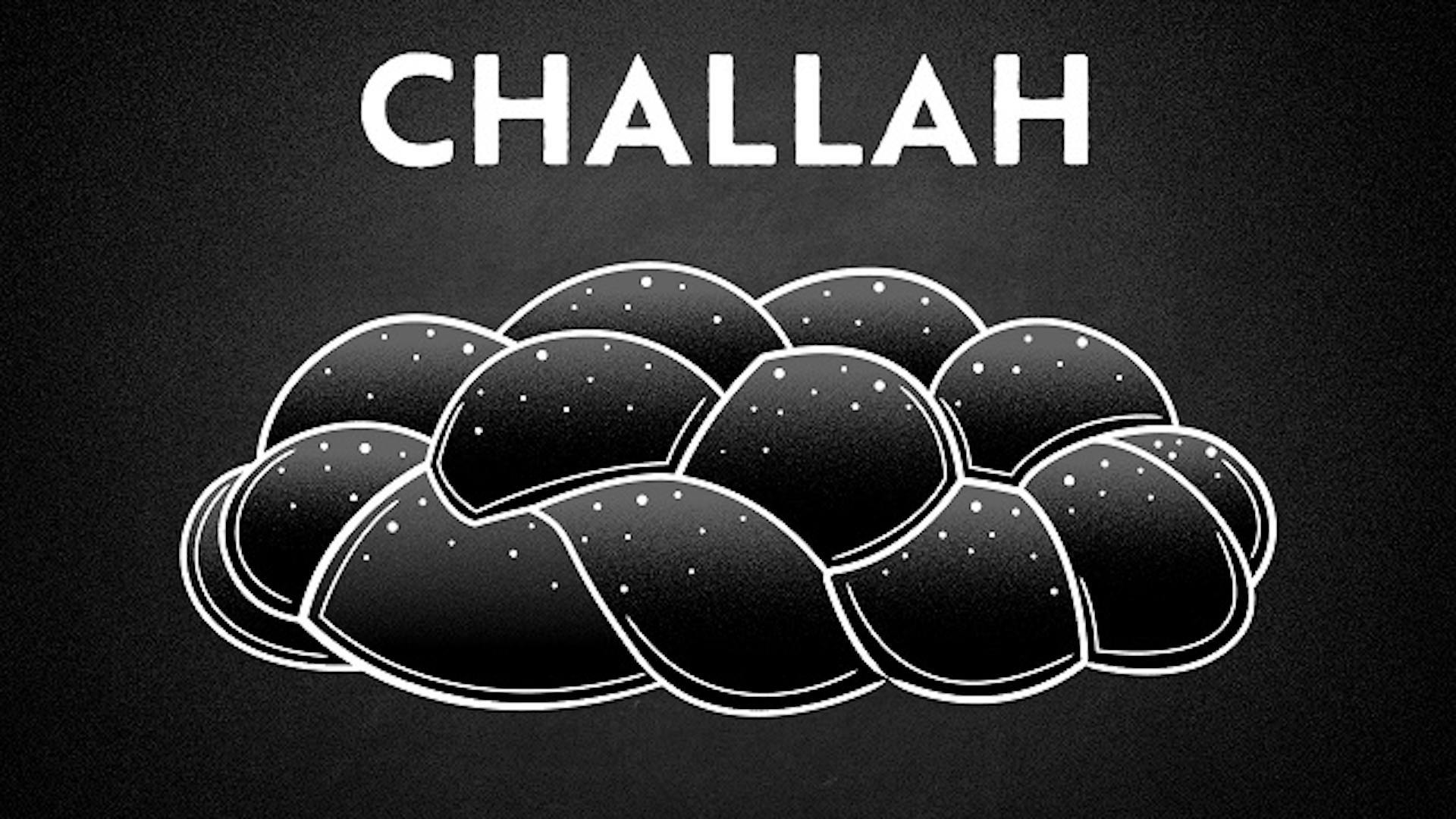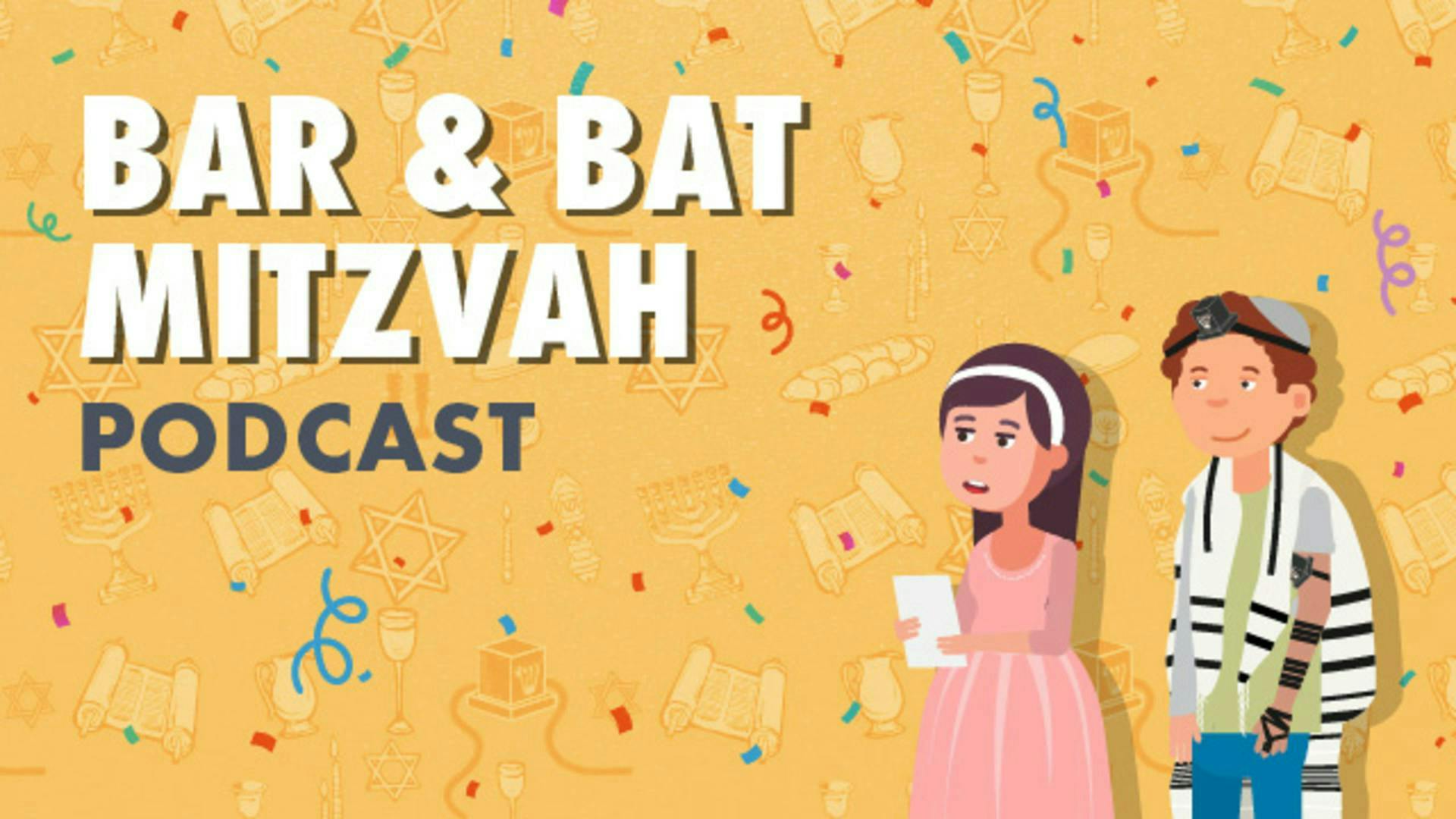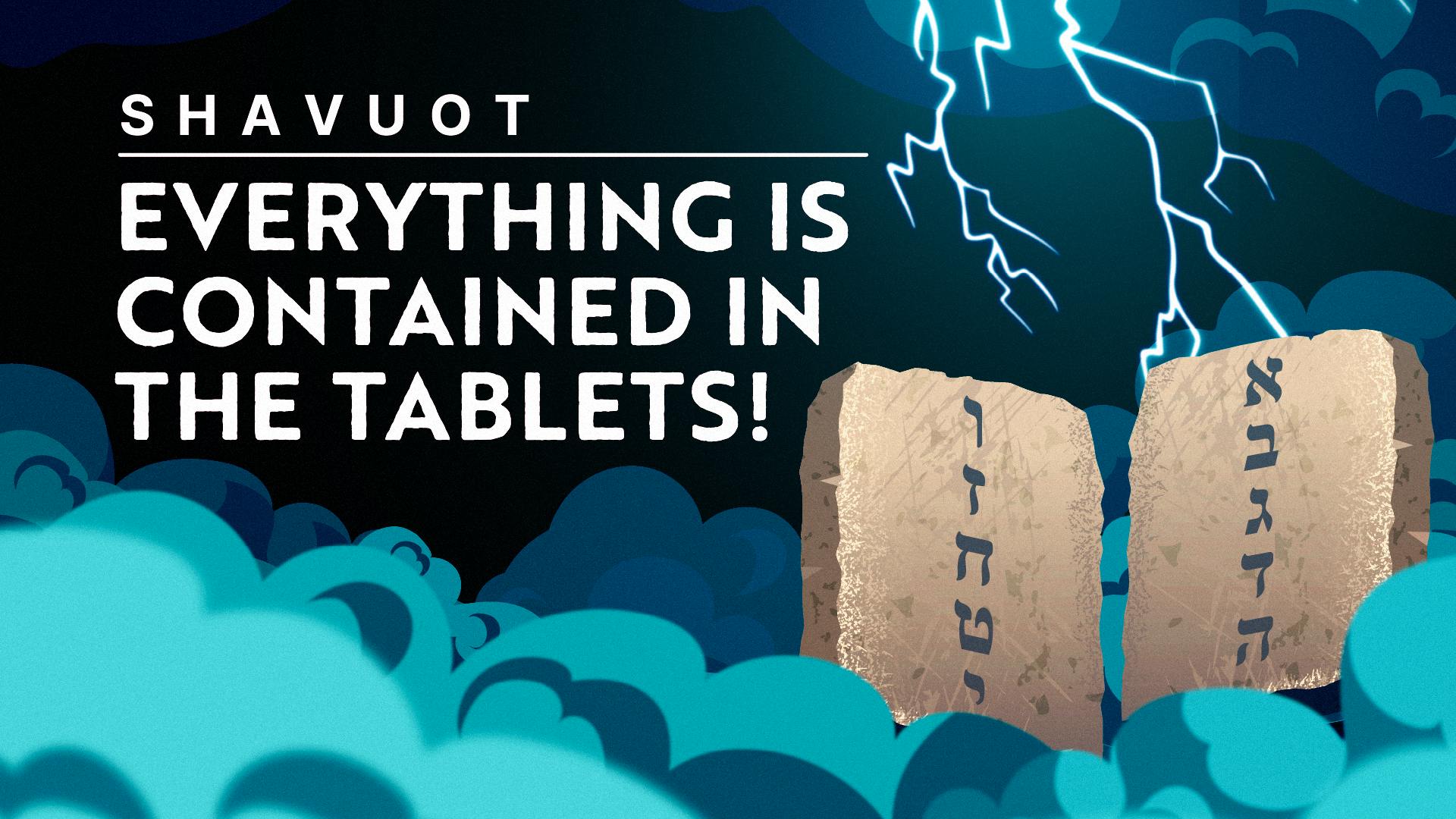Laws and mitzvot can seem so dull and restricting. Take a closer look with Aleph Beta and discover the beauty and meaning in the Torah laws, one commandment at a time.
Kashrut

Kashrut: What Does God Have Against Cheeseburgers?
Animated Video • 13 min

More on Basar B'chalav
Recorded Lecture • 13 min
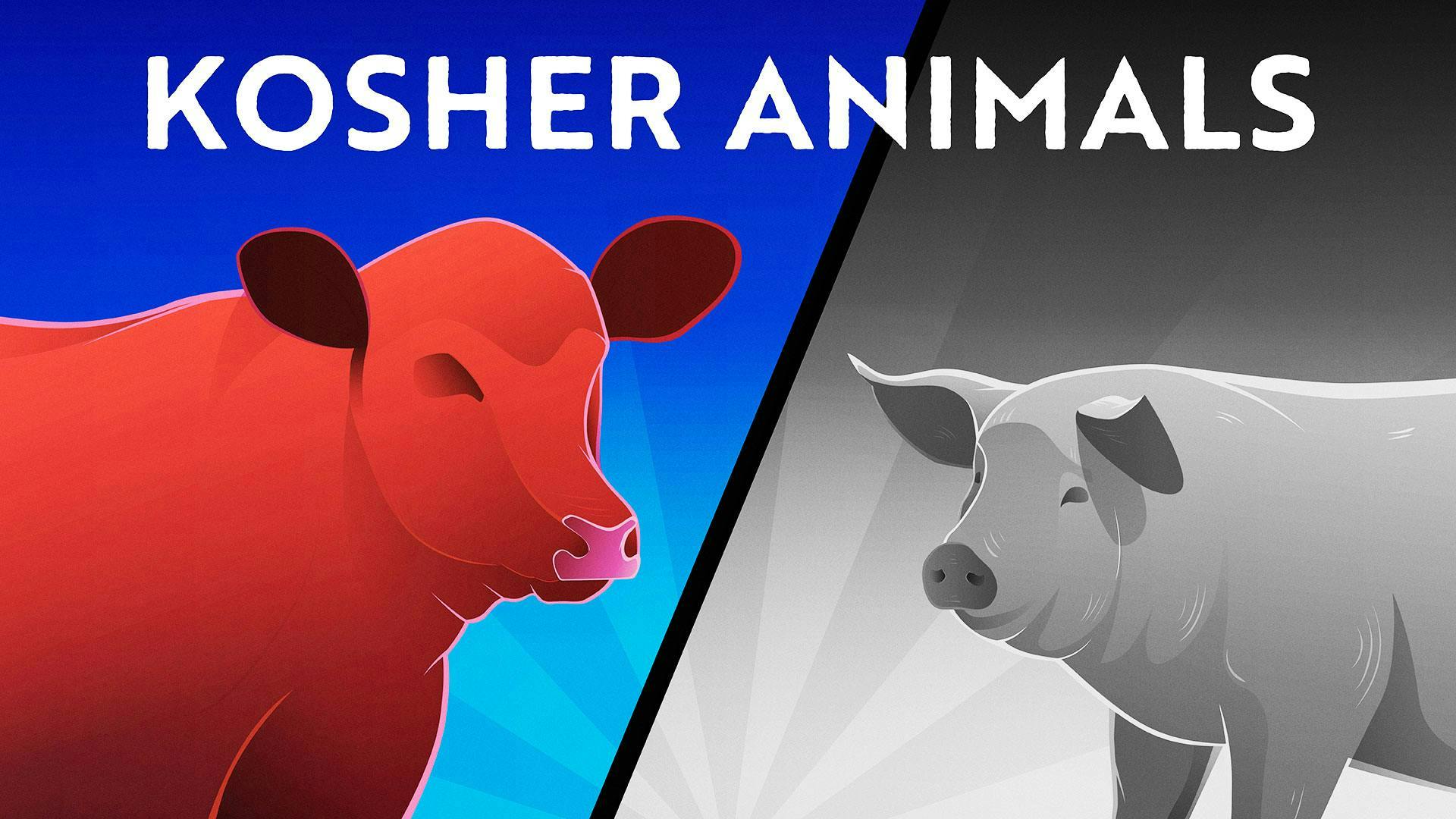
Why Do Jewish People Only Eat Kosher Food?
Animated Video • 23 min

Is There A Rhyme Or Reason For Ritual Slaughter?
Animated Video • 18 min
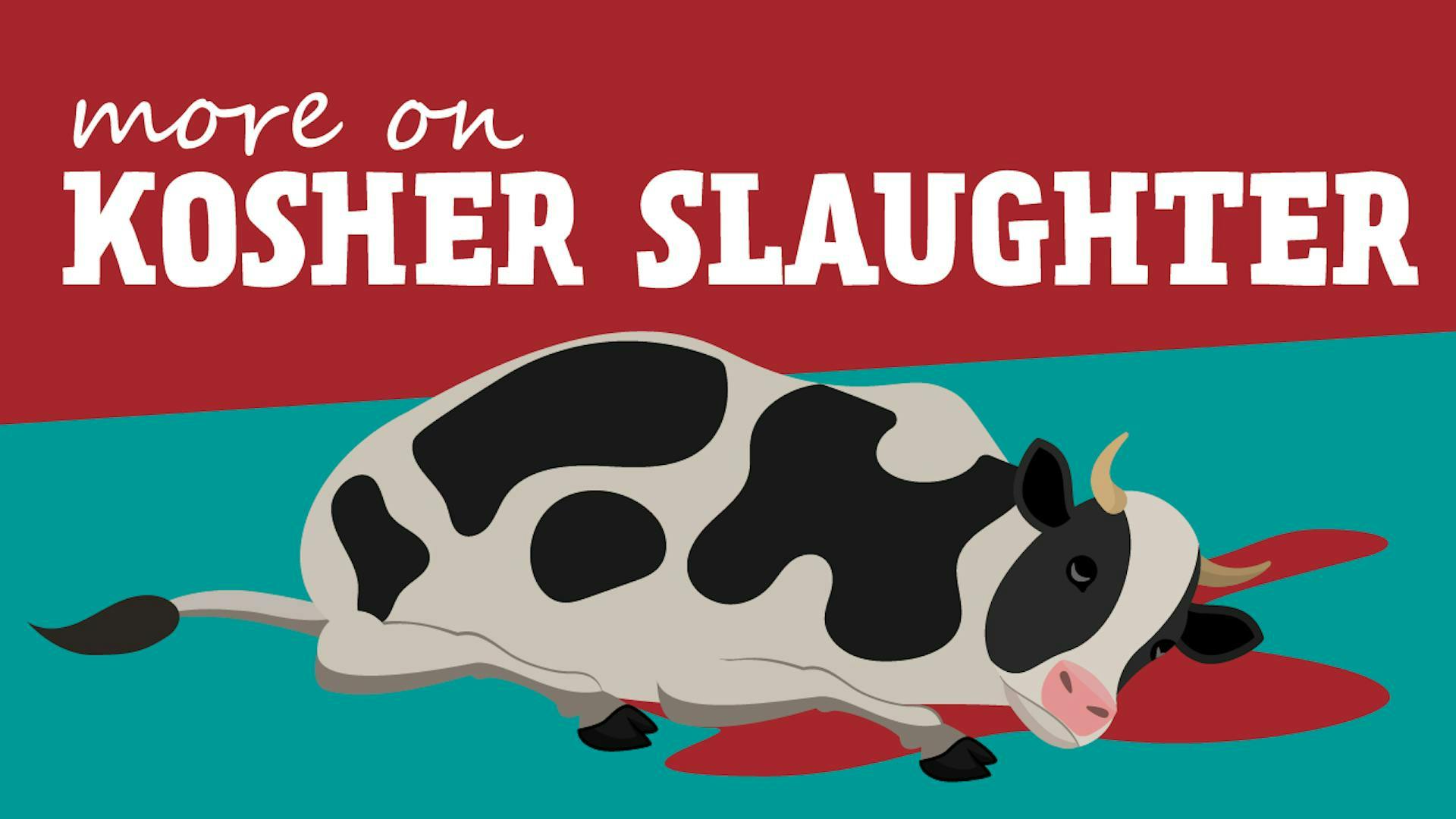
Torah Dietary Laws & The Relationship Between Kosher Slaughter And Idol Worship
Animated Video • 25 min
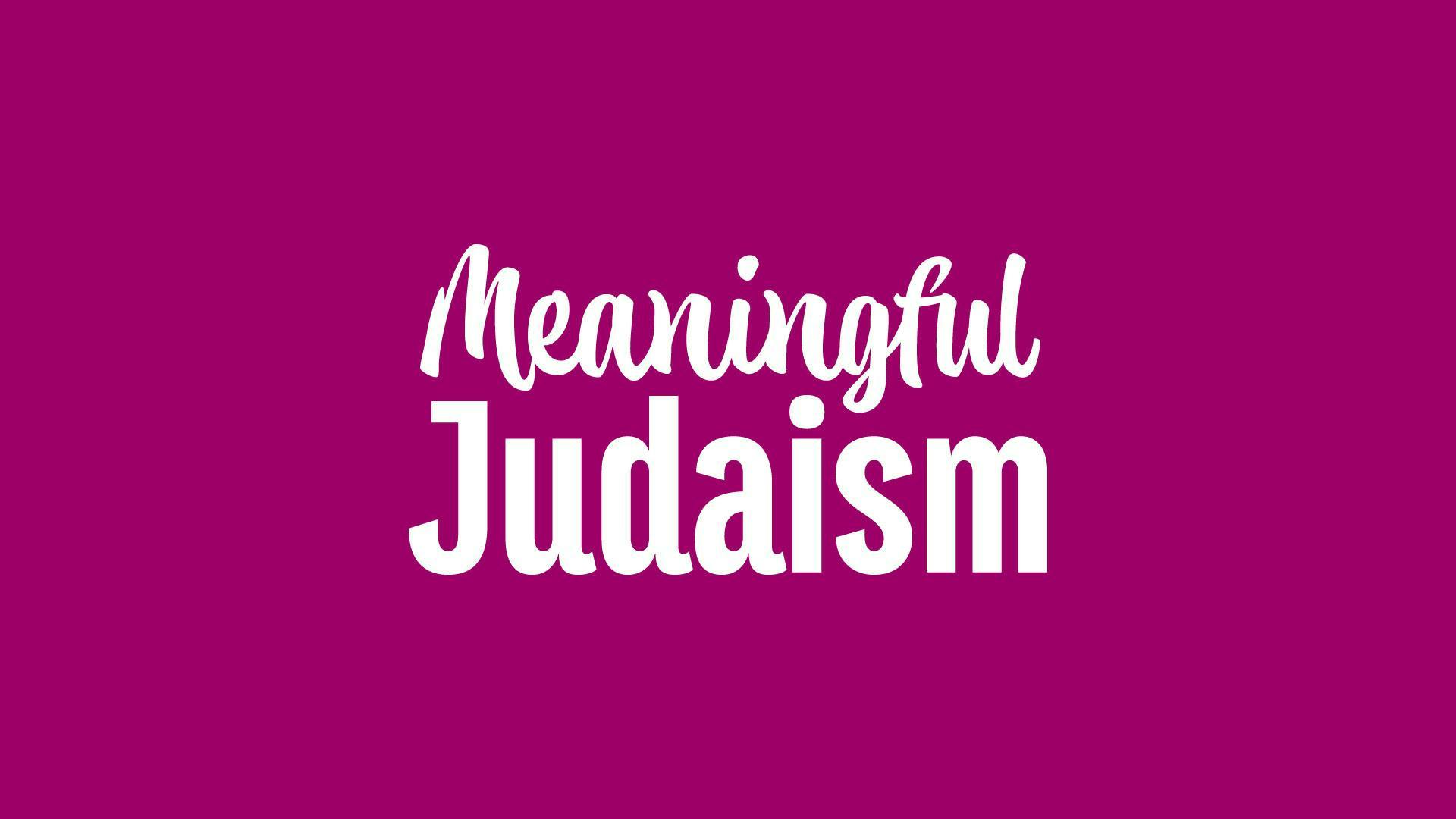
What’s Meaningful About Keeping Kosher?
Podcast • 54 min

What’s Meaningful About Not Mixing Milk and Meat? (Kashrut Part 2)
Podcast • 54 min

What’s Meaningful About Not Eating Bacon?
Podcast • 1 hour
Shabbat
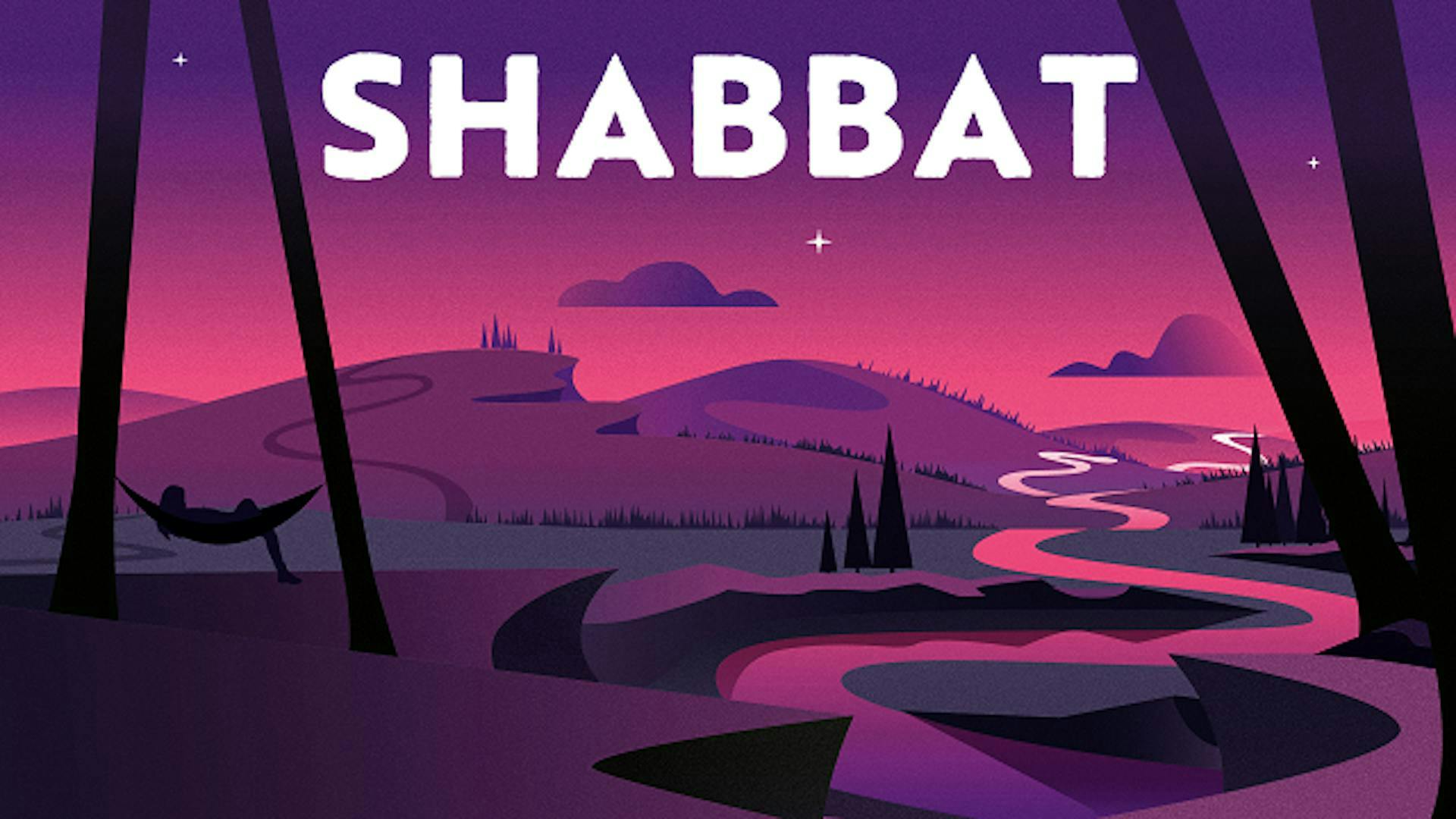
Shabbat: Did God Really Need to Rest?
Animated Video Series • Part 1 of 4 • 8 min
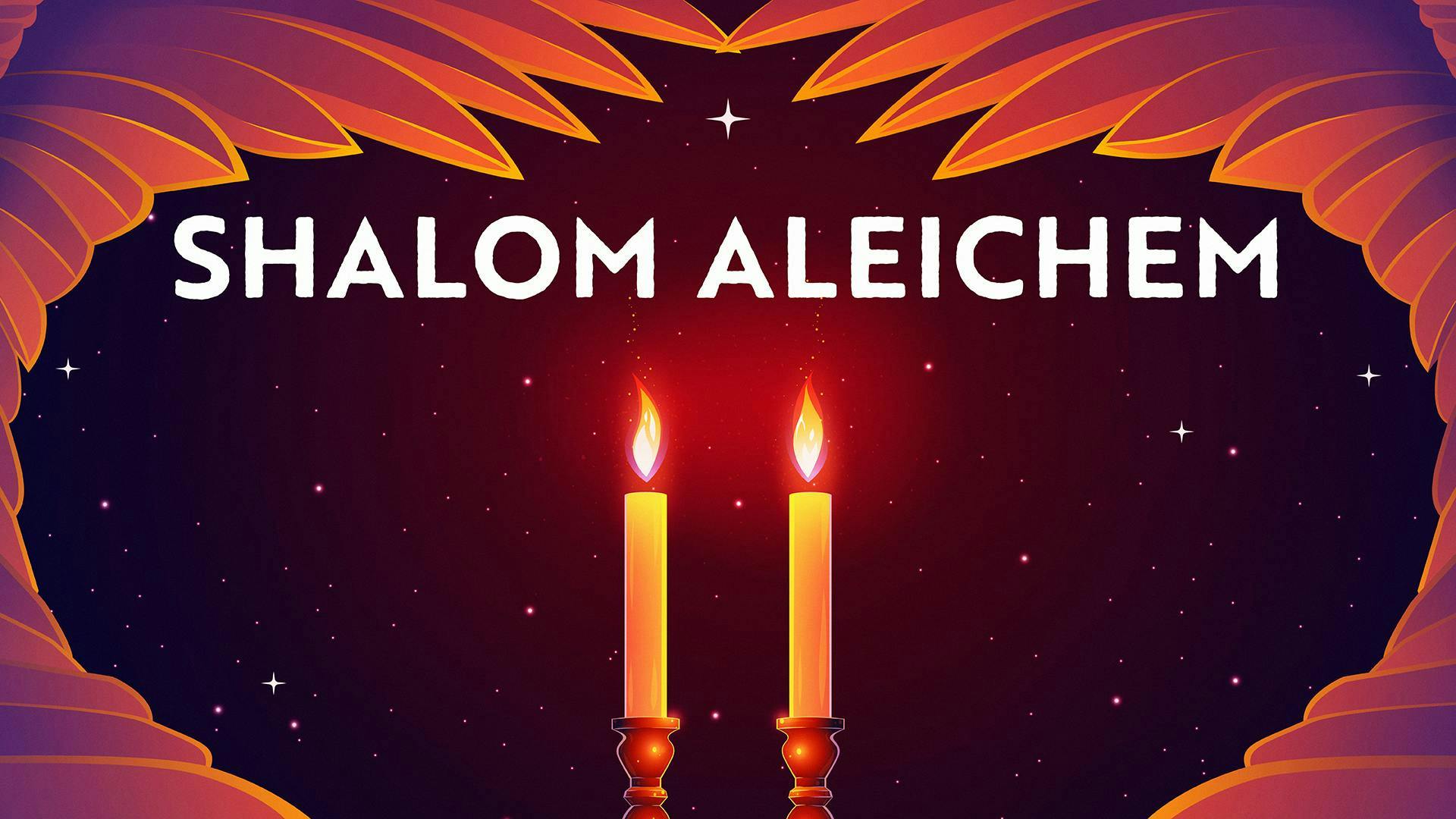
Shalom Aleichem and the Meaning of Keeping Shabbat
Animated Video Series
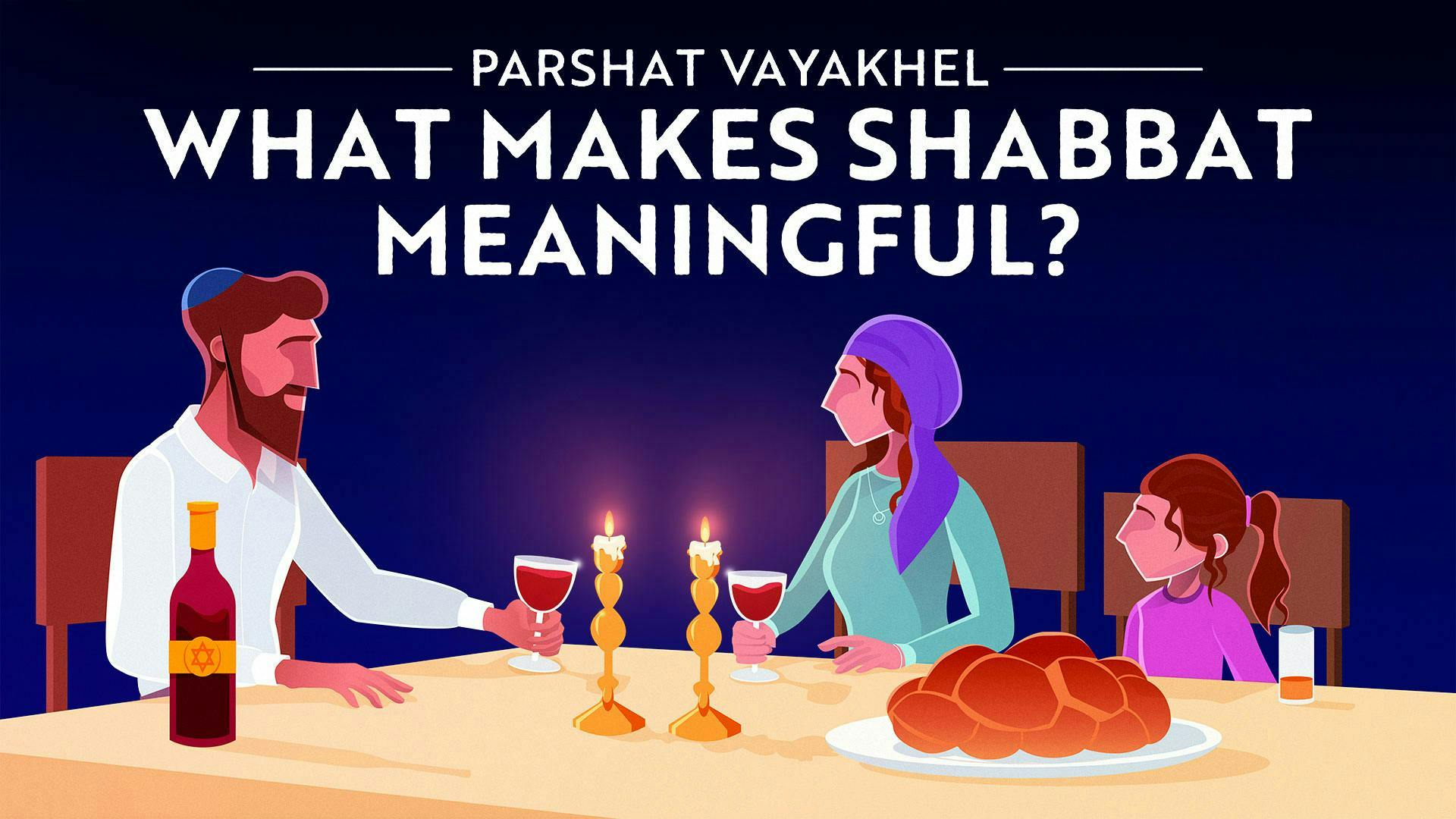
The Meaning And Purpose Of Refraining From Work On Shabbat
Animated Video • 13 min

The Meaning of Melacha and Creation on Shabbat
Animated Video • 11 min

The Deeper Meaning Of Shabbat Morning Kiddush
Animated Video • 14 min
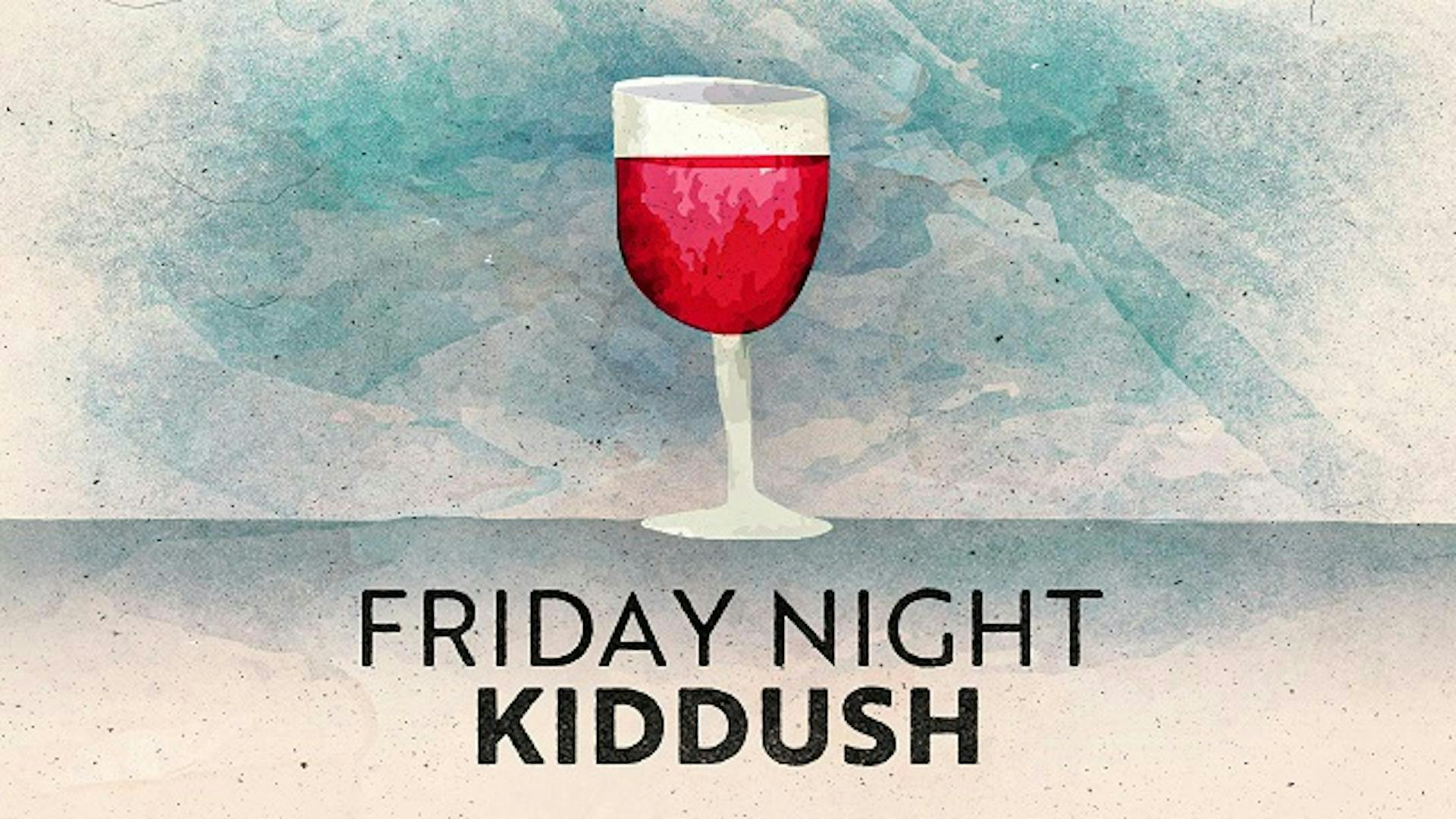
Friday Night Kiddush
Recorded Lecture • Part 1 of 2 • 15 min
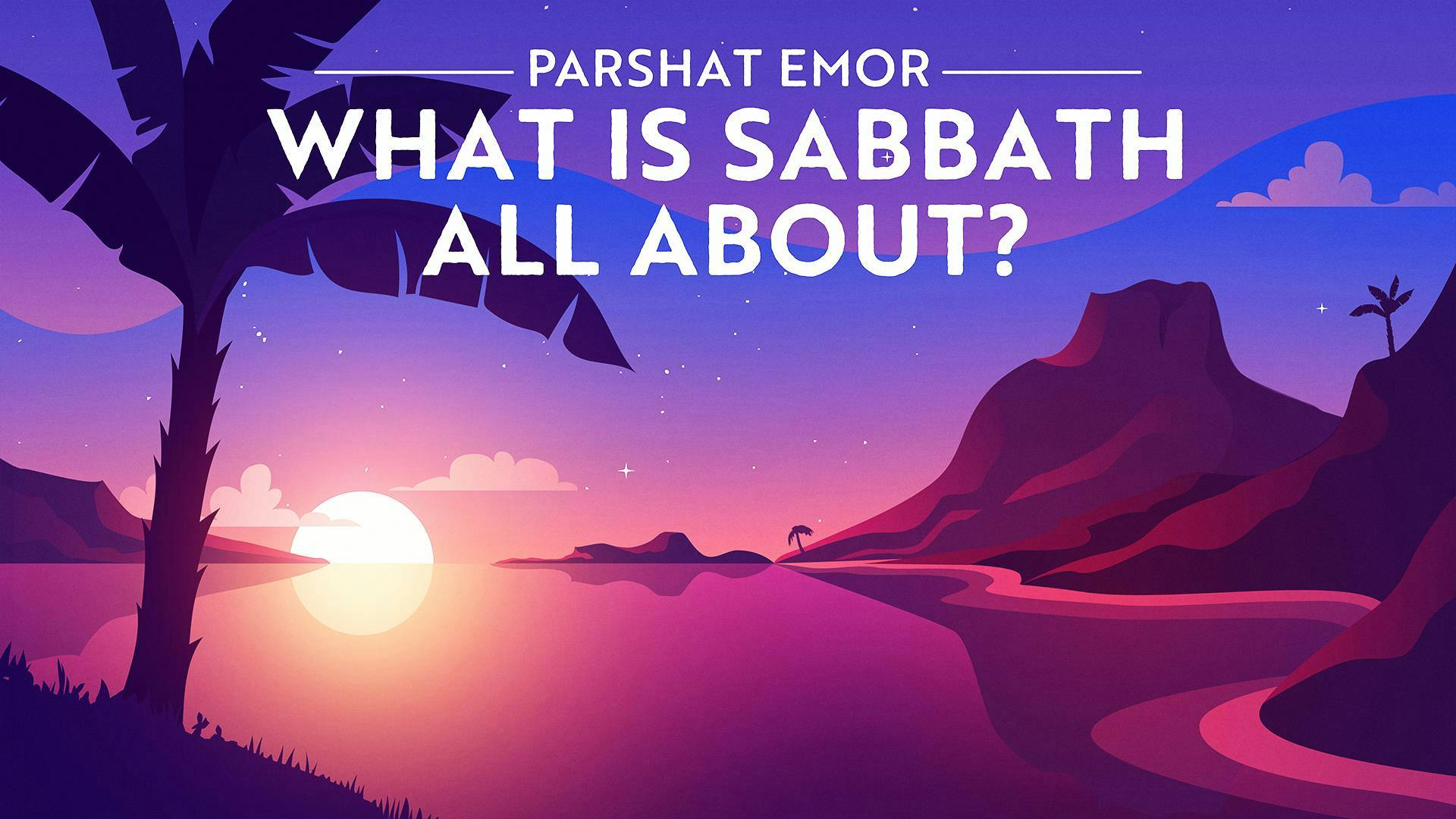
The Importance Of Shabbat In All Jewish Holidays
Animated Video • 9 min
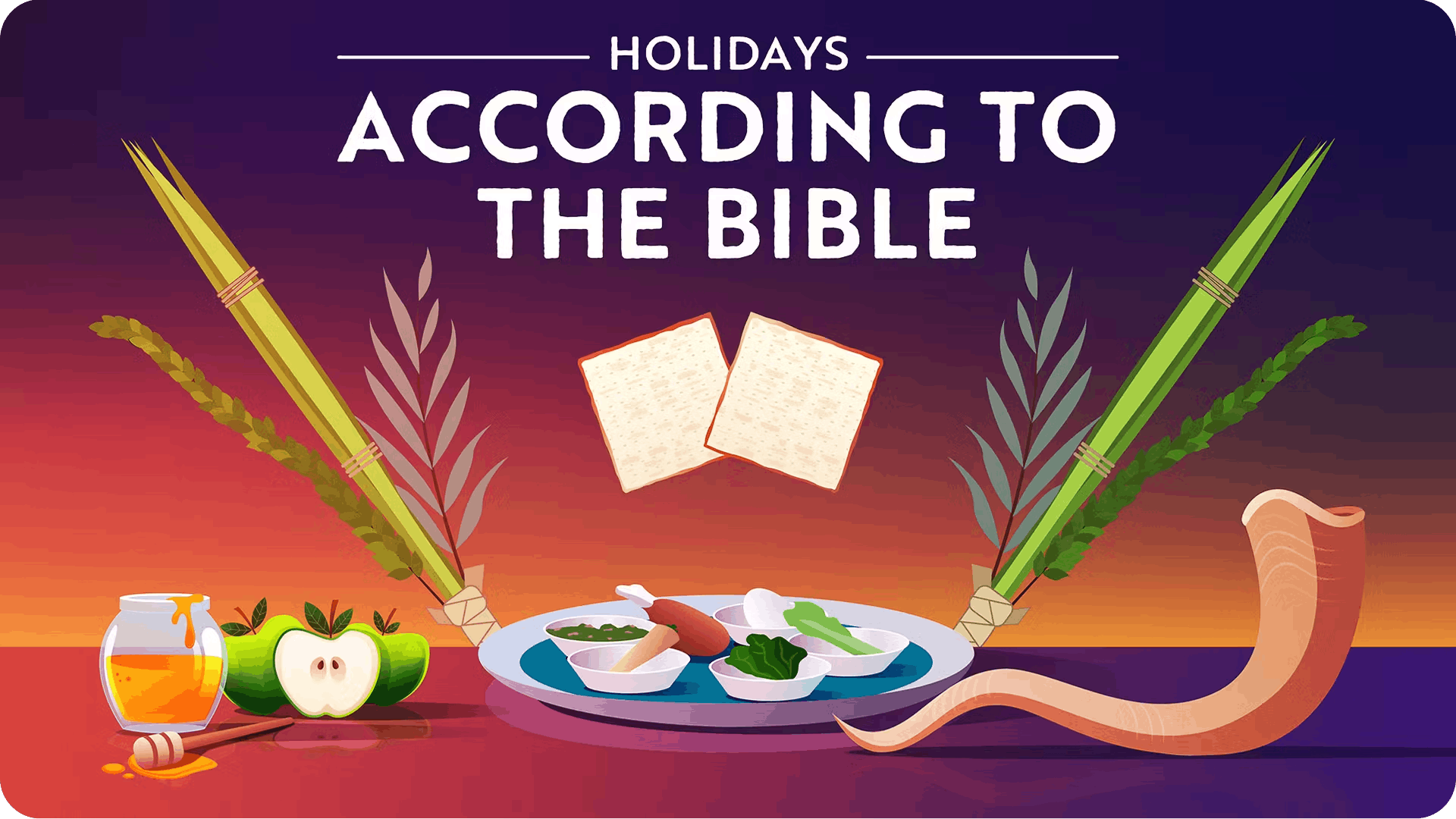
The Deep Connection Between the Biblical Holidays
Animated Video • 12 min
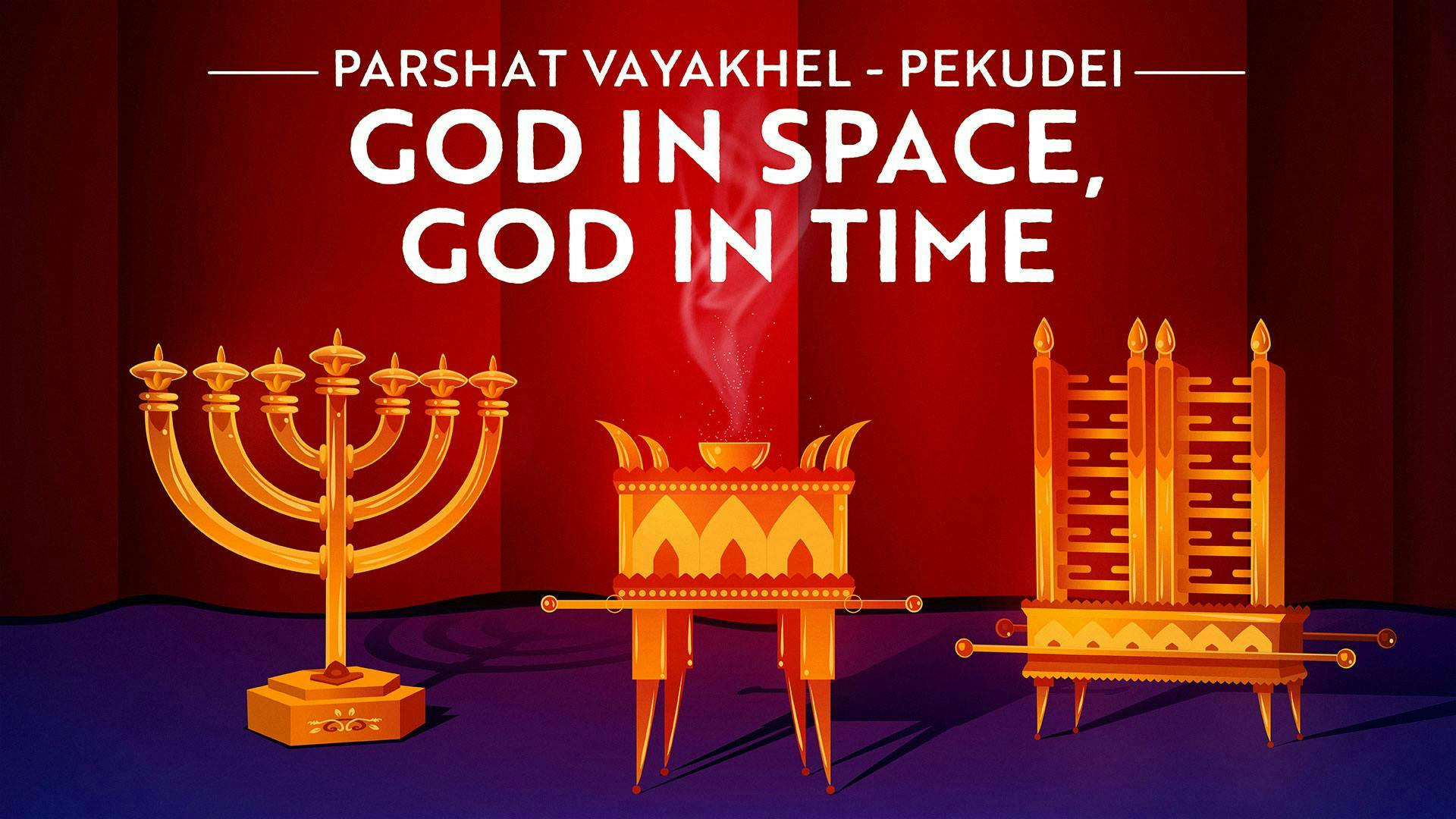
The Significance Of Keeping The Sabbath
Animated Video • 12 min
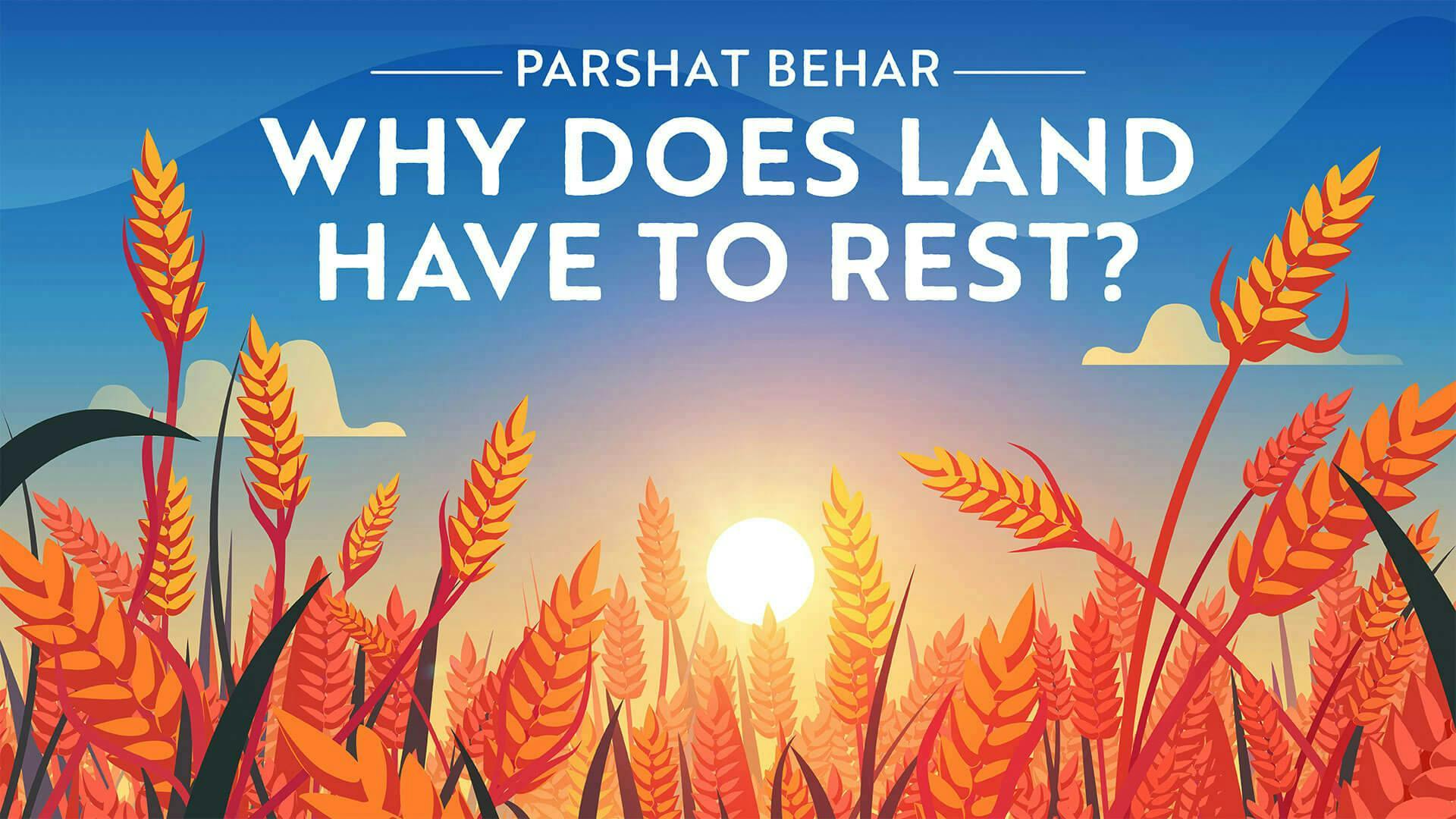
The Spiritual Meaning Of The Sabbath And Jubilee Years
Animated Video • 11 min
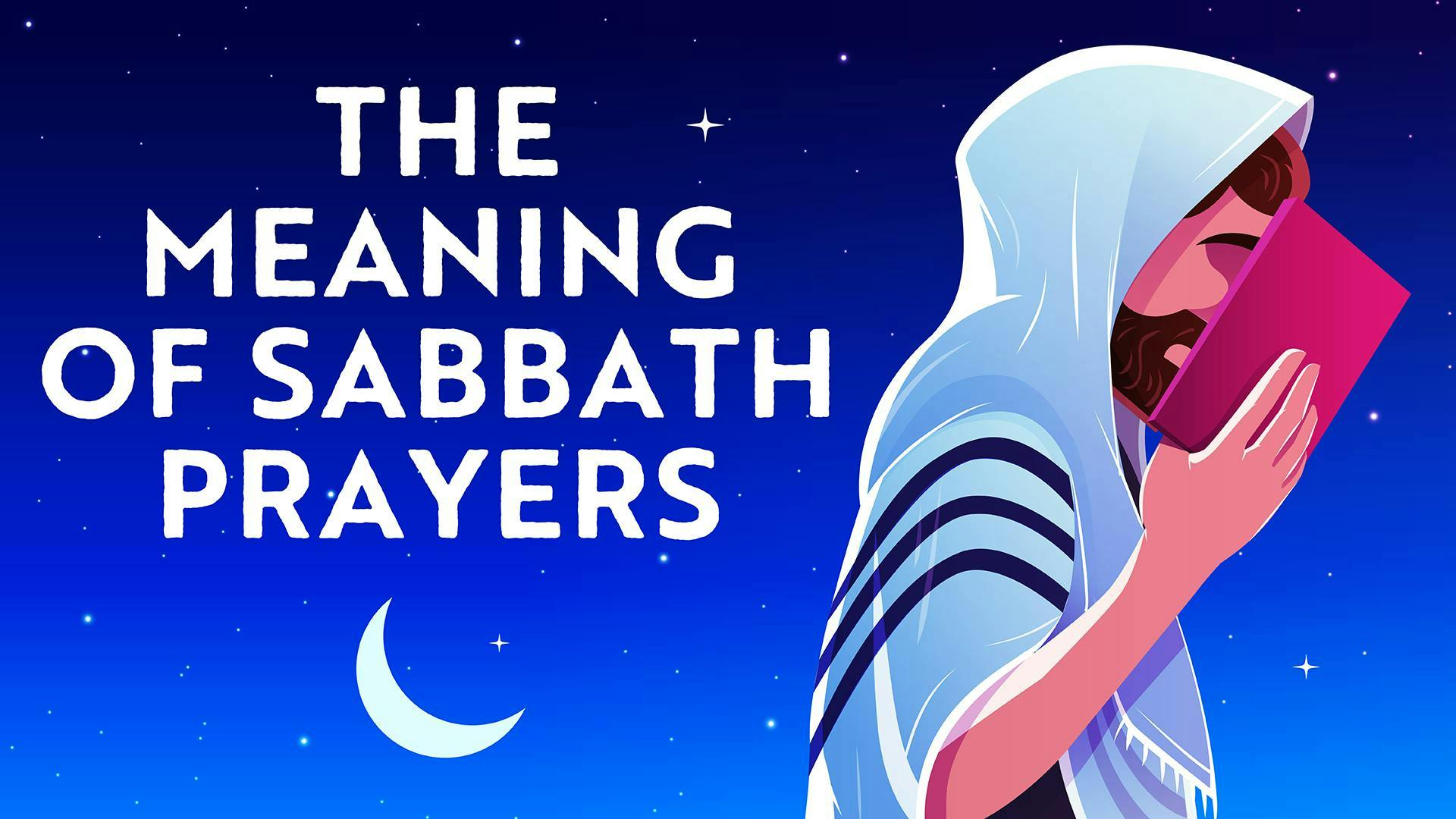
The Meaning Of Sabbath Prayers
Recorded Lecture • Part 1 of 3 • 1 hour, 6 min
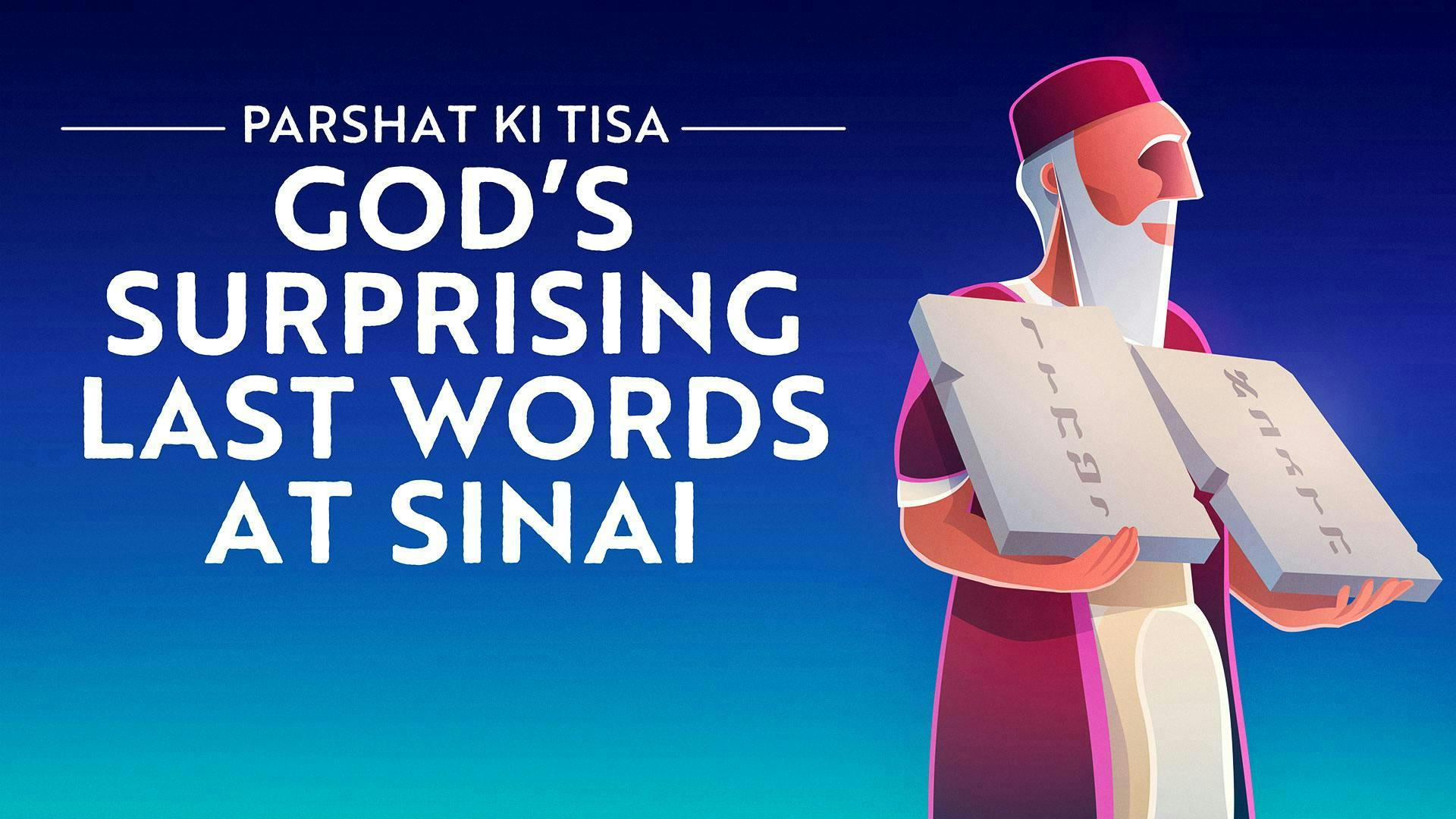
The Origins and Meaning of ViShamru
Animated Video • 24 min
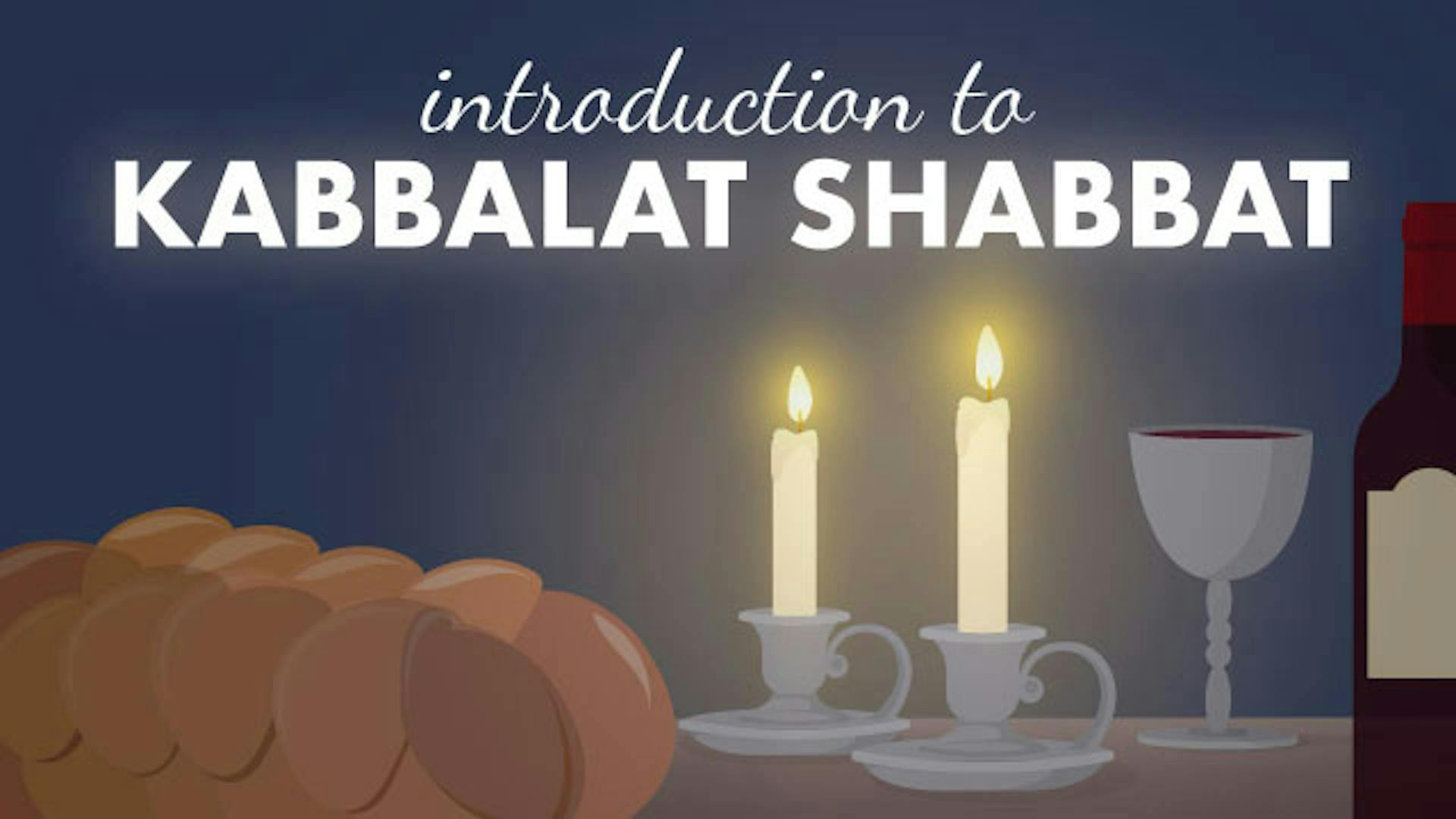
Introduction To Kabbalat Shabbat
Deep Dive Course • Part 1 of 9 • 54 min
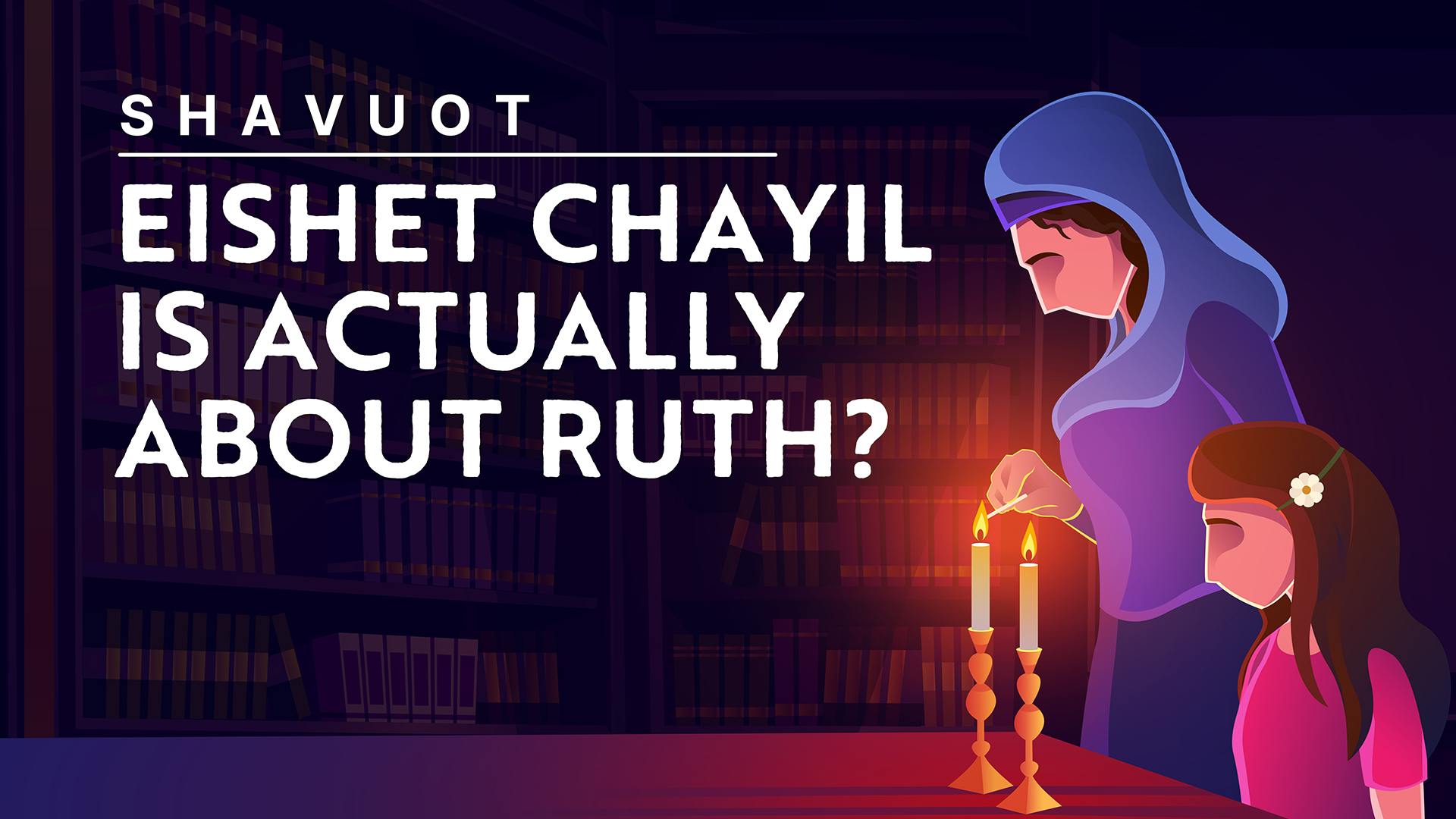
Solomon’s Secret Commentary on Ruth
Recorded Lecture • 2 hours, 4 min
Mikvah

Mikvah: How Does It Make Us Pure?
Animated Video • 15 min
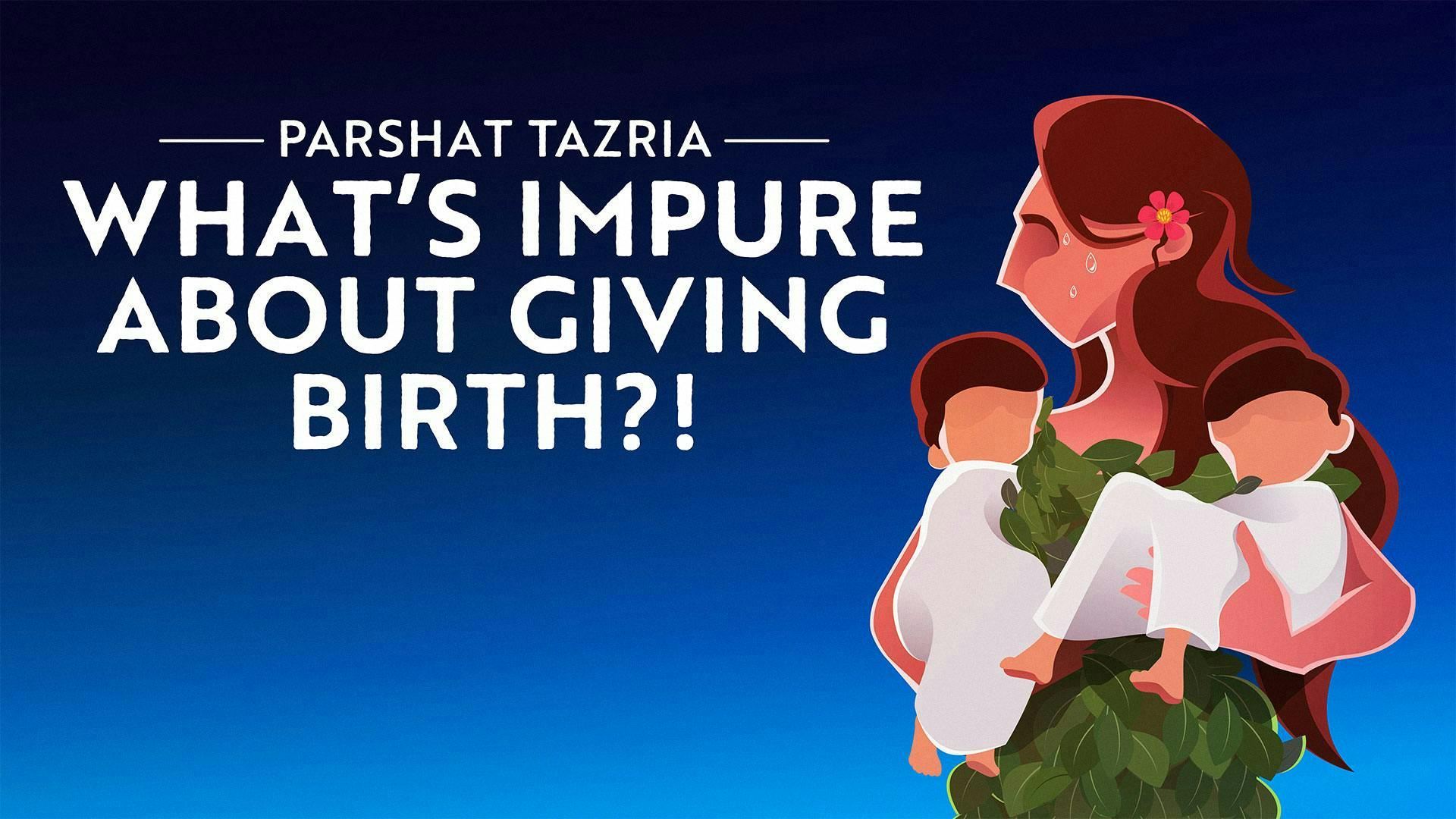
The Bible's Strange Laws Of Impurity After Childbirth
Animated Video Series • Part 1 of 2 • 17 min
Niddah

Niddah: Why Do Husbands and Wives Need to Separate? (Part 1)
Podcast • 50 min

Niddah: Why Do Husbands and Wives Need to Separate? (Part 2)
Podcast • 42 min
Tzitzit

What’s Meaningful About Tzitzit? (Part 1)
Podcast • 37 min

What’s Meaningful About Tzitzit? (Part 2)
Podcast • 28 min

What Else Is Meaningful About Tzitzit and Kashrut? (Season Finale)
Podcast • 38 min
Brachot
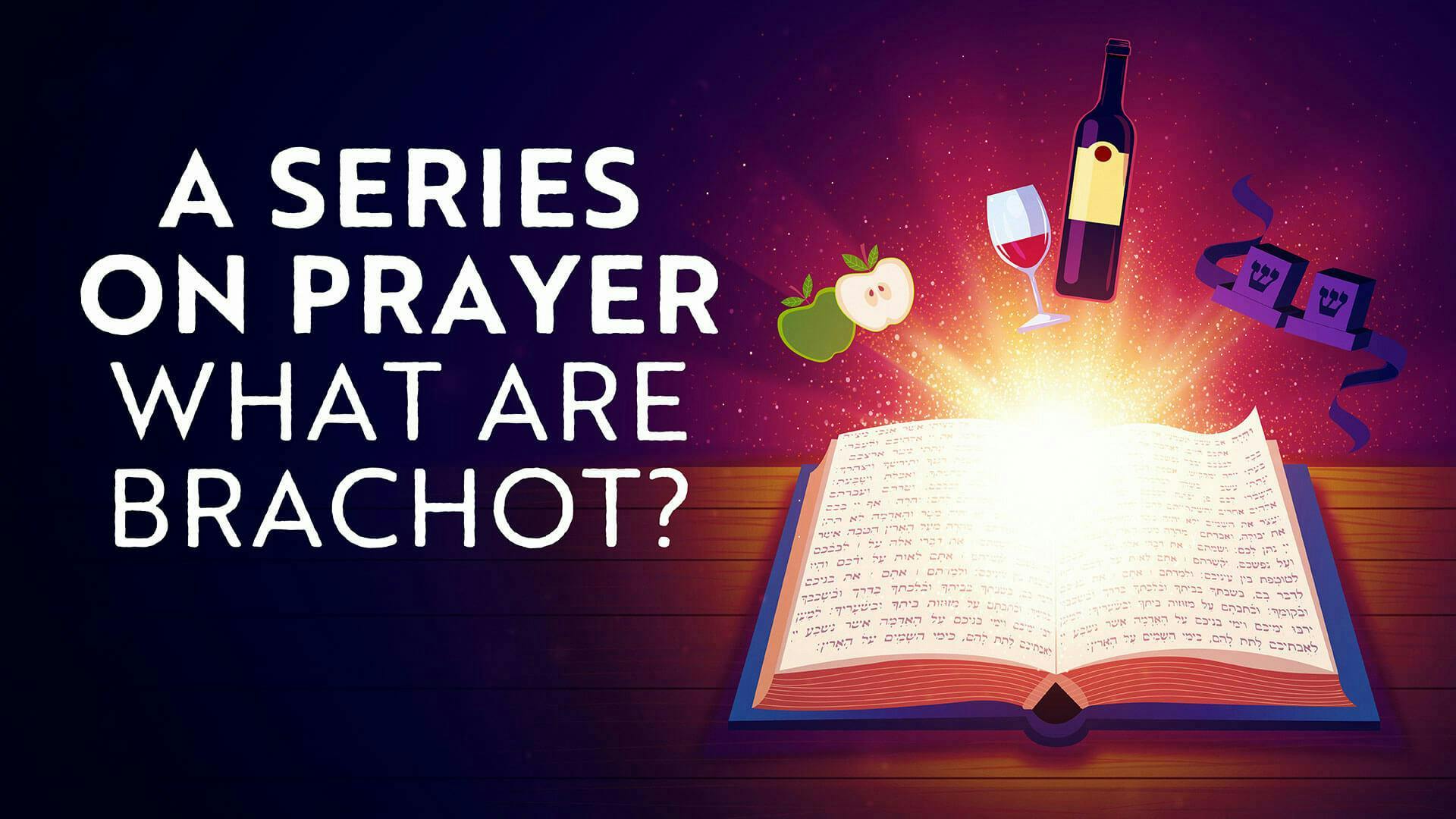
The Meaning Of Brachot?
Animated Video • 9 min

Birkat Hamazon: The Context For The Command To Thank God
Animated Video • 17 min

Shir Hamaalot: Planting With Tears
Animated Video Series • Part 1 of 5 • 2 min

Al Naharot Bavel: By The Waters Of Babylon
Recorded Lecture • 3 hours
Hafrashat Challah
Bar and Bat Mitzvah
Teshuva (Repentance)
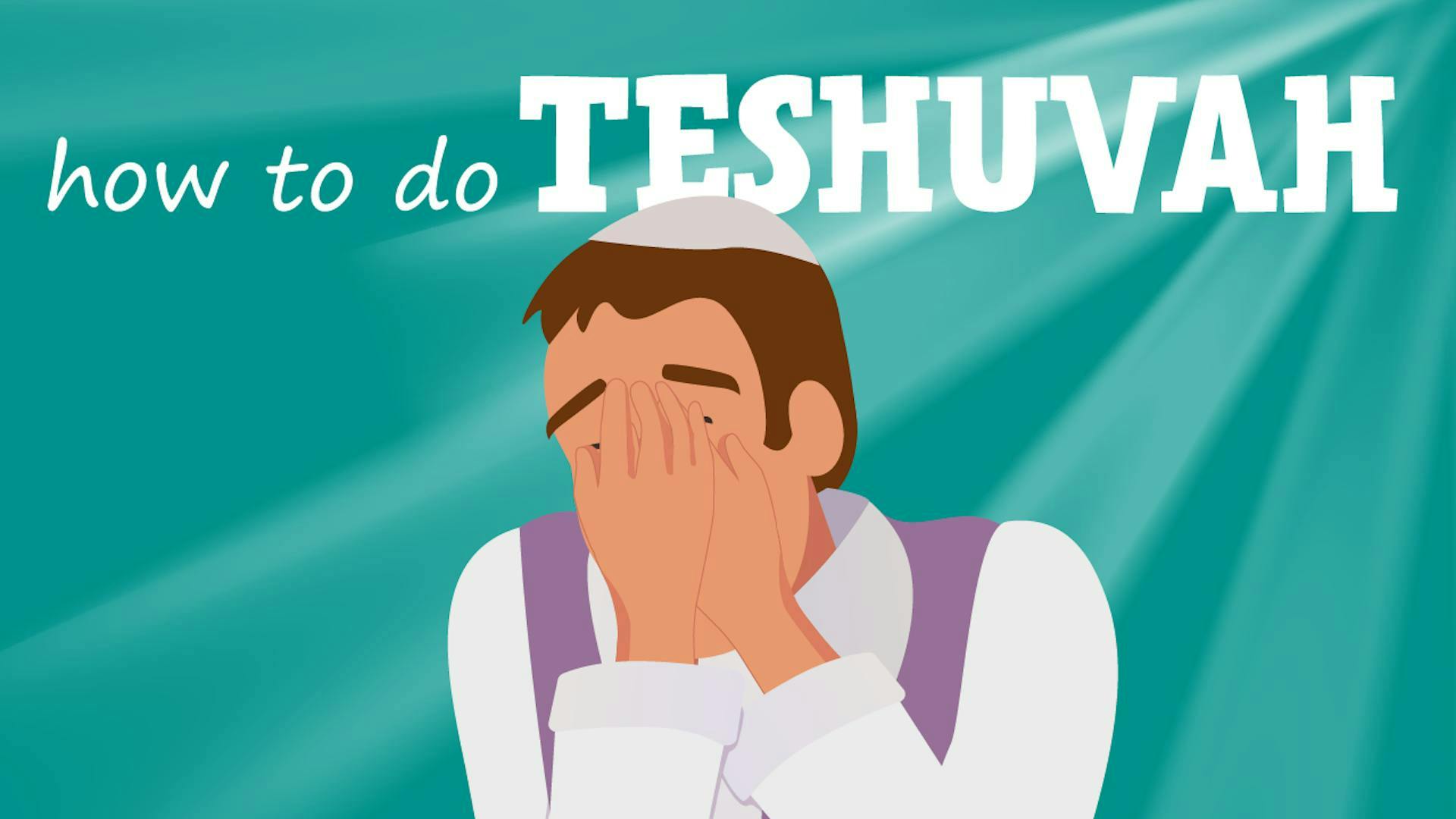
How to Do Teshuvah/Repentance
Animated Video Series • Part 1 of 4 • 11 min
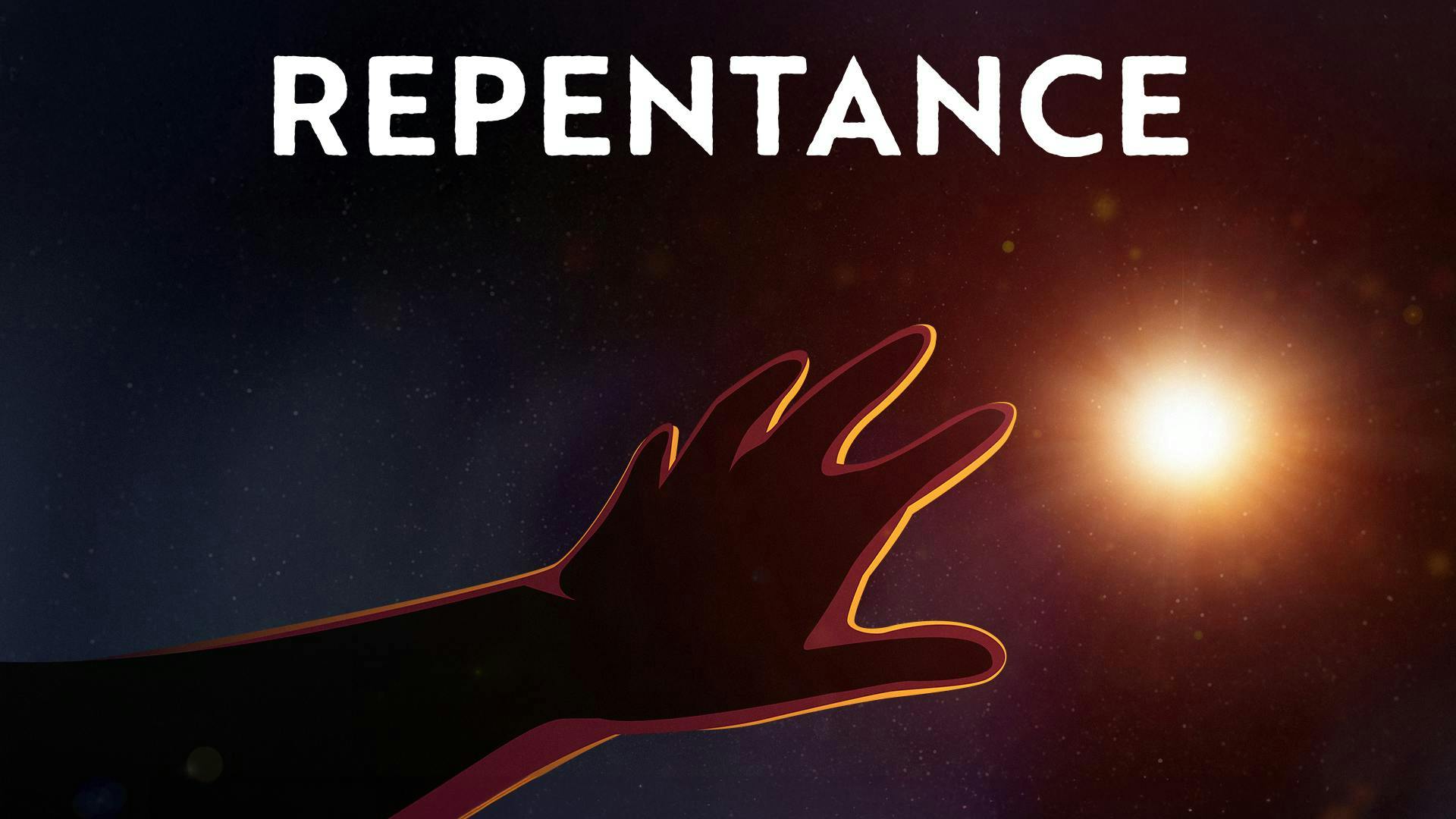
Repentance: The Guiding Voice Of Our Moral Conscience
Recorded Lecture • 1 hour, 34 min
Agricultural Laws
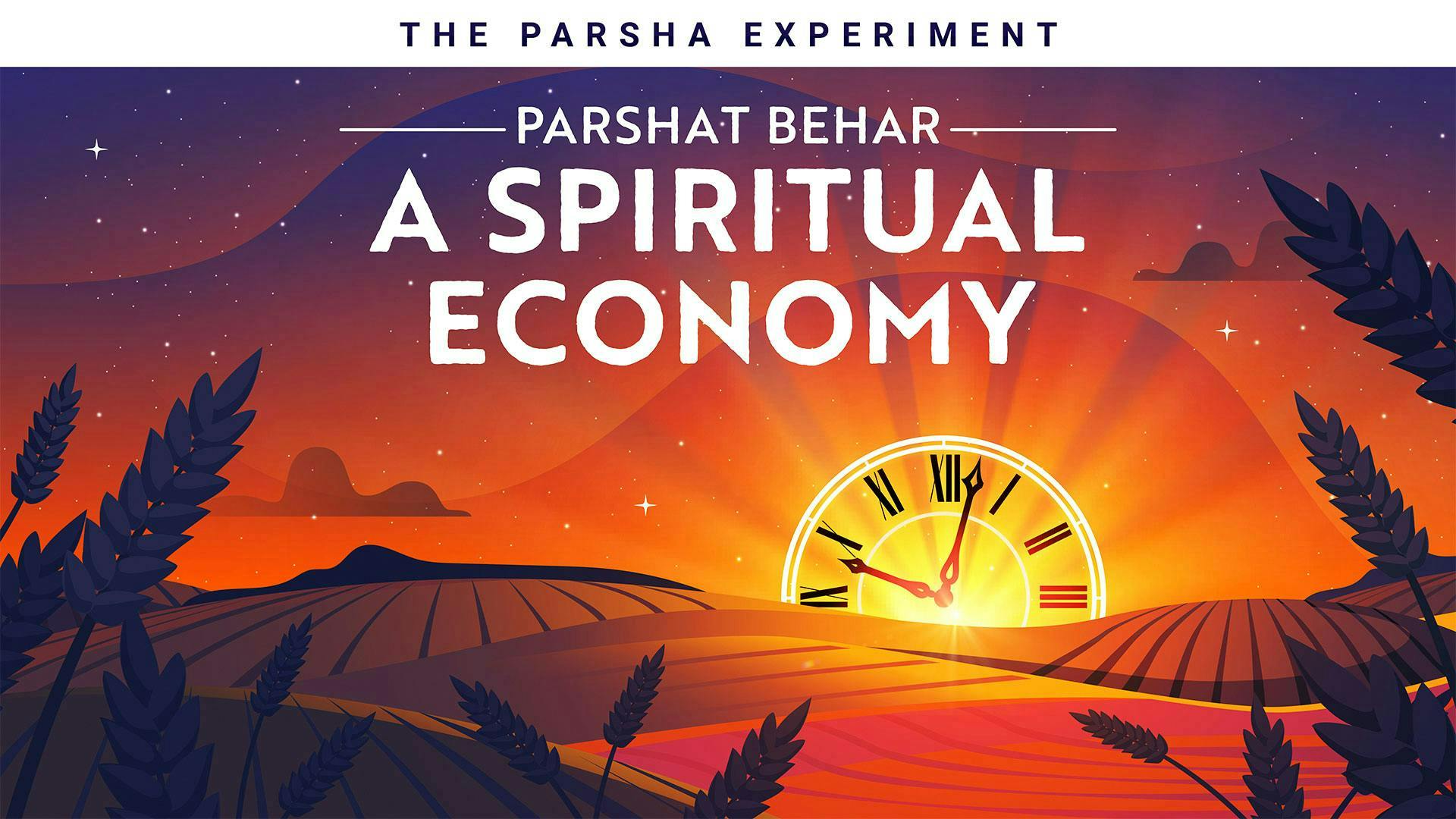
What Are Shemittah And Yovel Really About?
Animated Video • 17 min

The Spiritual Meaning Of The Sabbath And Jubilee Years
Animated Video • 11 min

Shemittah, Yovel And… Mount Sinai?
Recorded Lecture • 33 min
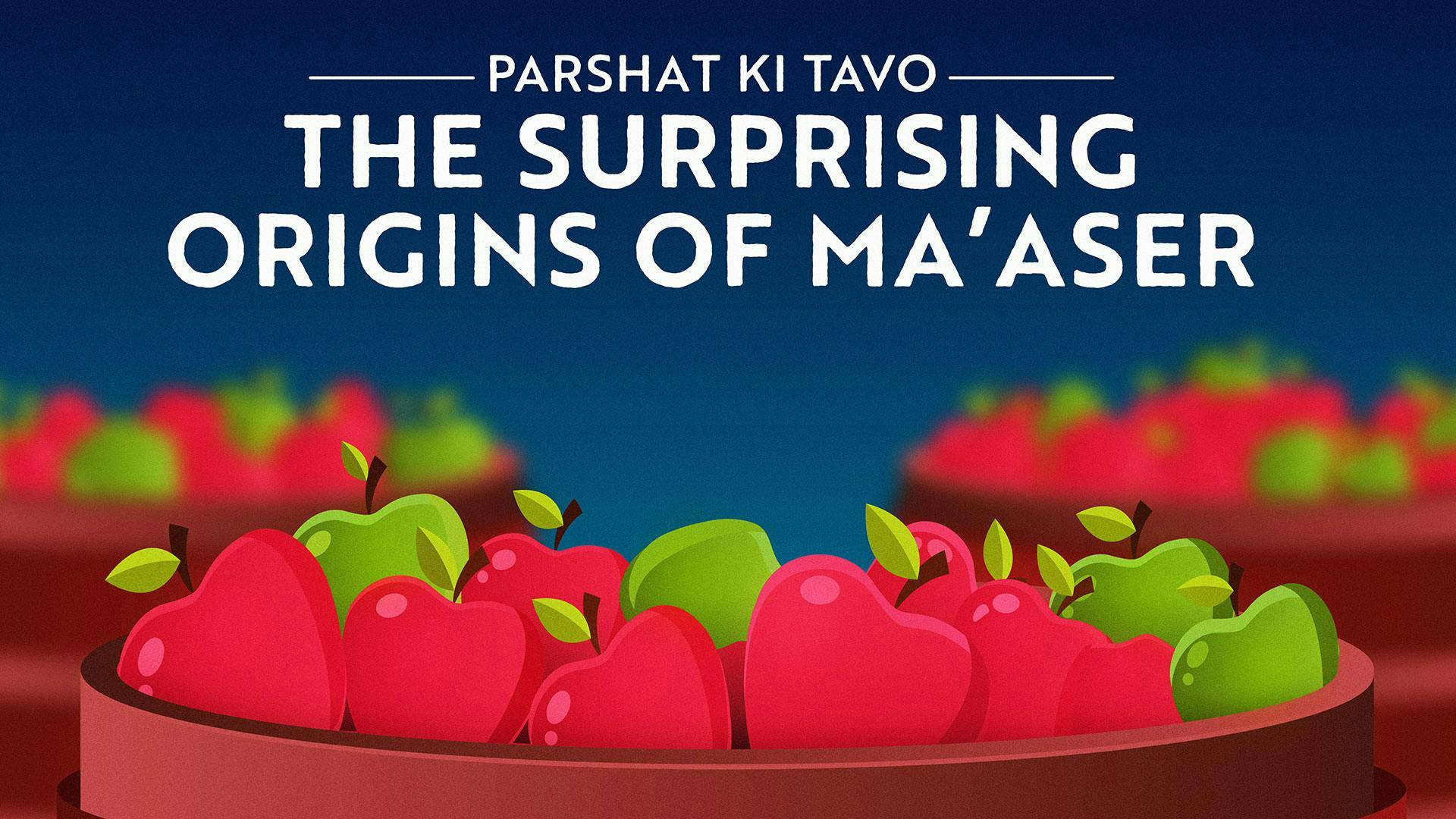
The Surprising Origins of Ma'aser (Tithing)
Animated Video Series • Part 1 of 2 • 14 min

Jacob's Ladder and the Laws of Ma'aser (Tithing)
Deep Dive Course • Part 1 of 6 • 43 min
The Ten Commandments
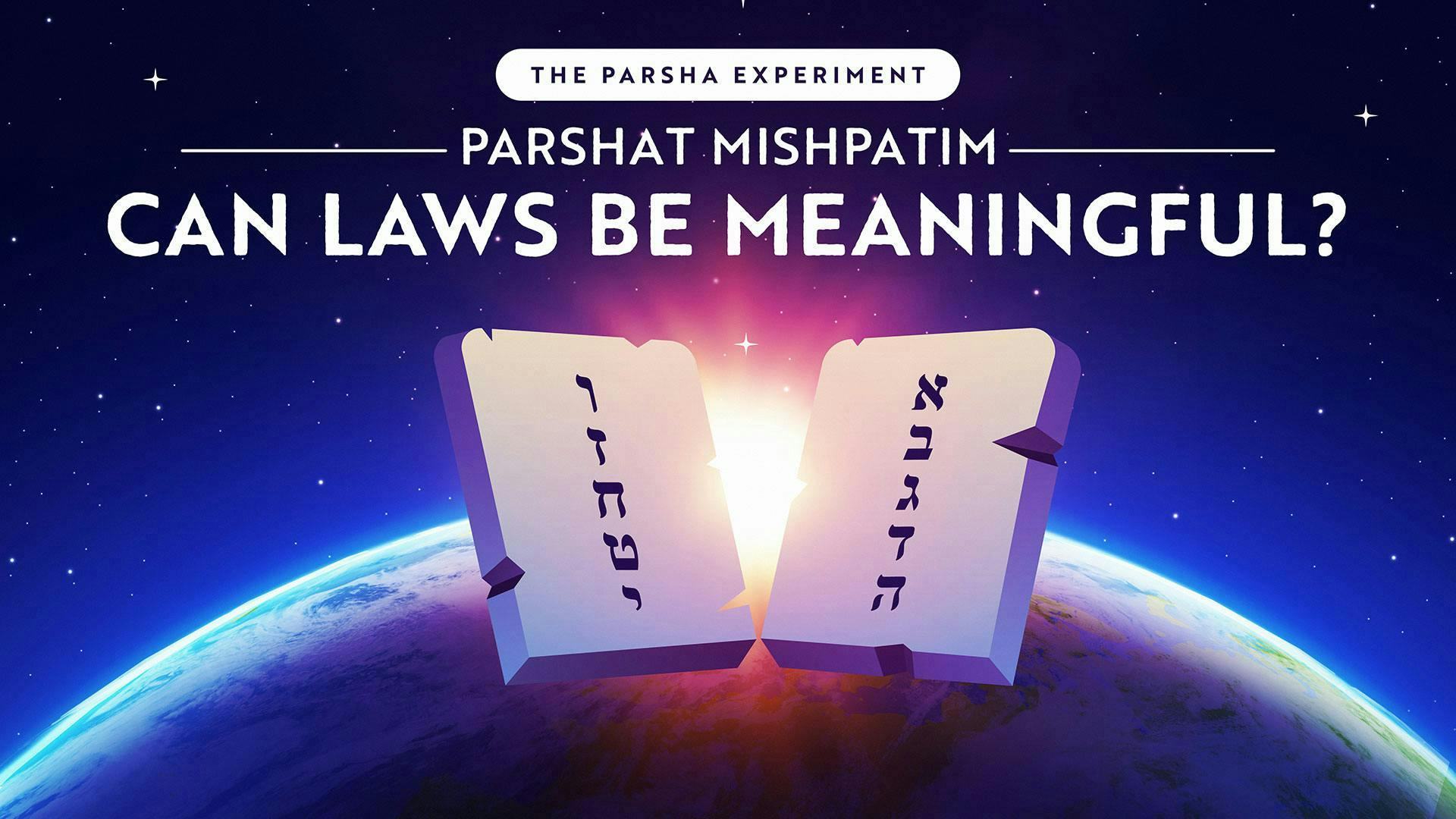
Seeing Laws As Moral Principles Of Jewish Life
Animated Video • 13 min
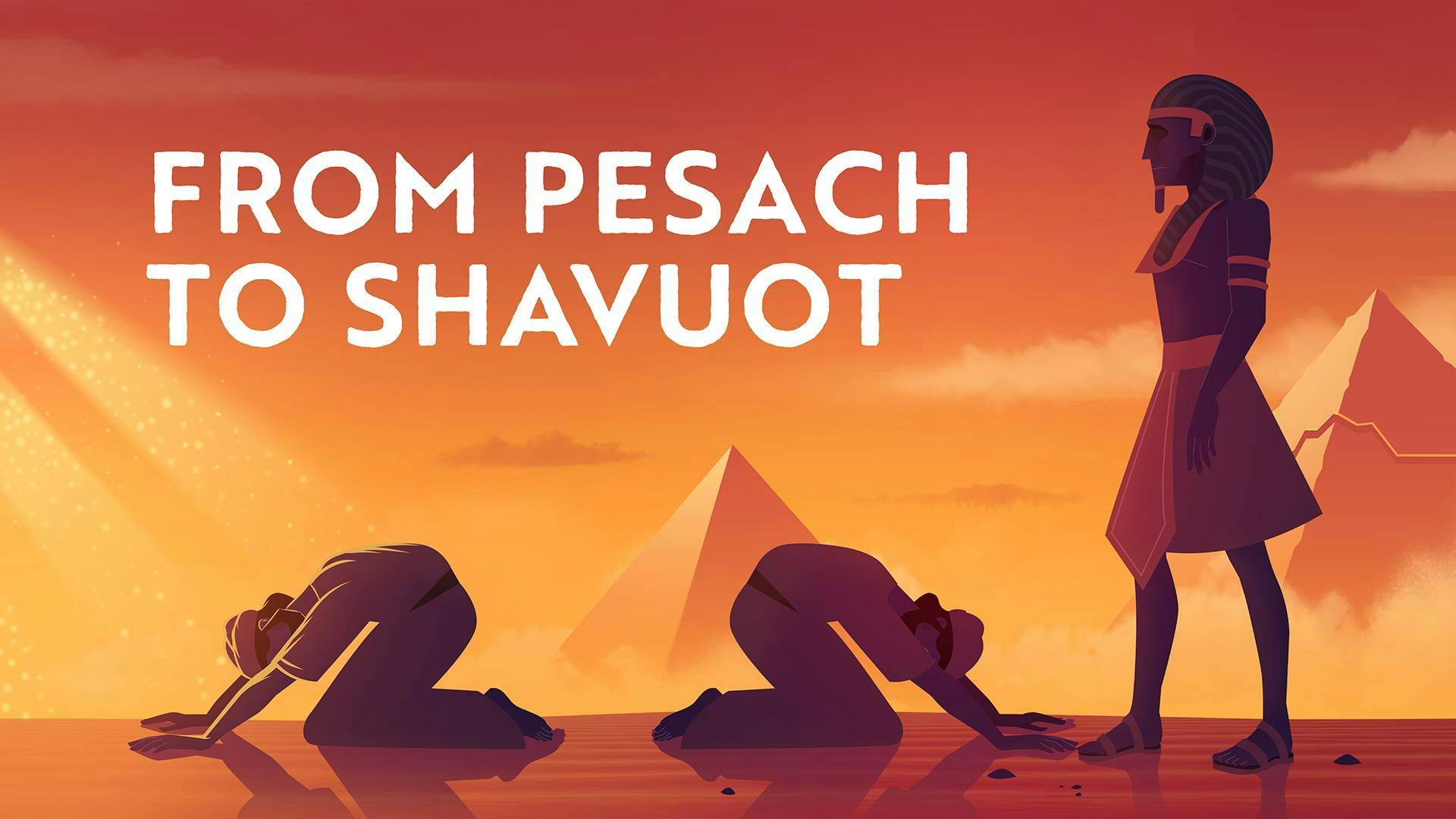
From Pesach to Shavuot: Did God Free Us Just to Make Us Serve Him?
Animated Video • 31 min
